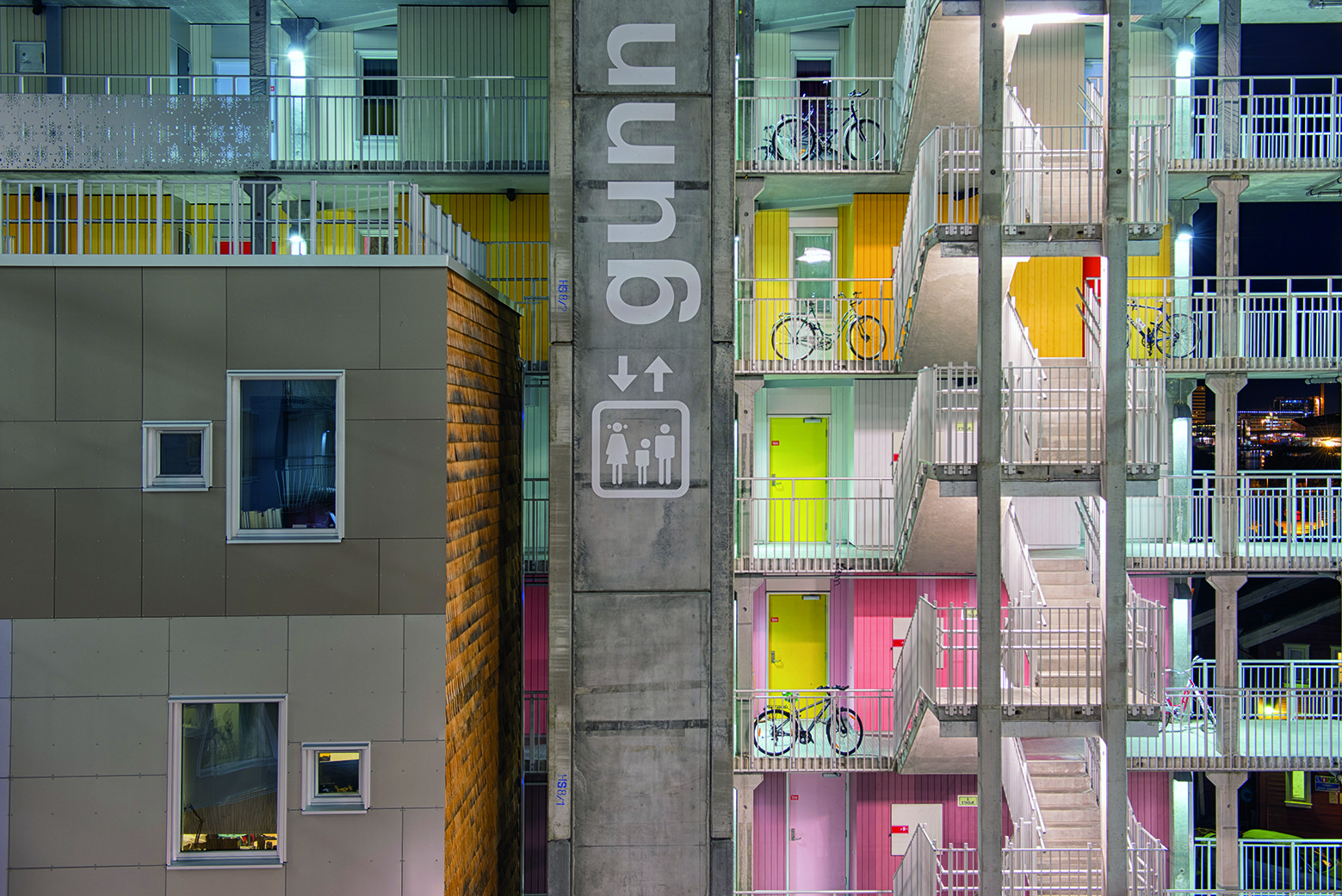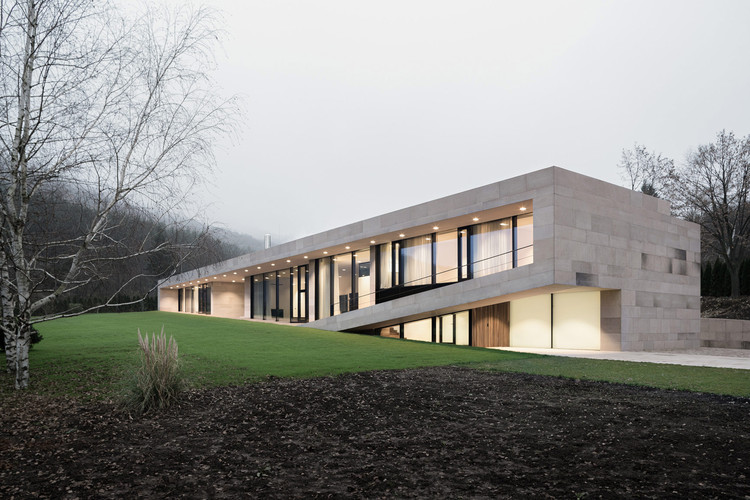
The Fundació Mies van der Rohe has announced the three winners of the inaugural Young Talent Architecture Award (YTAA) 2016. Established this year to “support the talent of recently graduated Architects, Urban Planners and Landscape Architects who will be responsible for transforming our environment in the future,” 9 finalists were selected from a shortlist of 30 projects, which was then narrowed down to 3 winners.









.jpg?1432311958)
.jpg?1431095540)




.jpg?1423515349)



